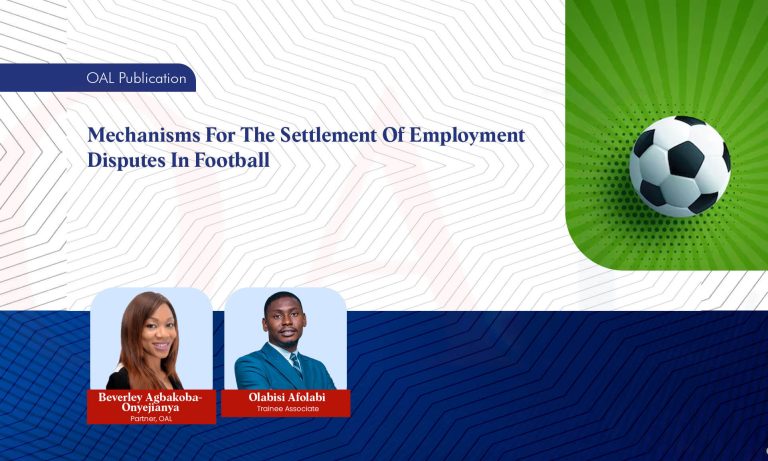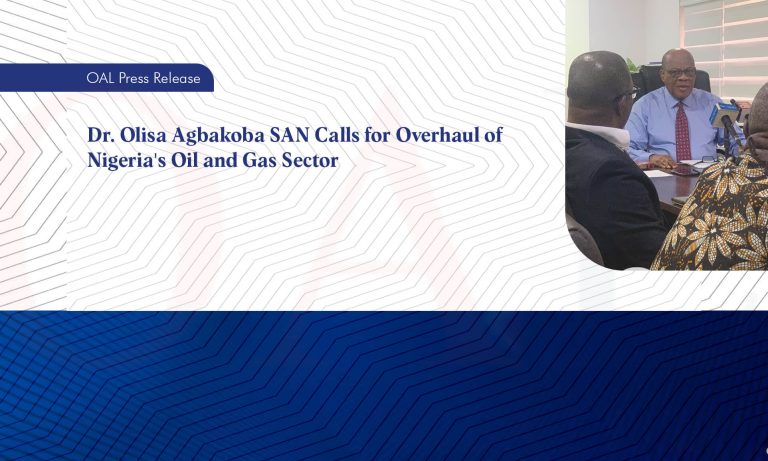
Common Legal Mistakes Made by Startups

Common Legal Mistakes Made by Startups (Part One)
Though this article is written with experienced founders or promoters of startups in mind, it is also for those with little or no experience with startups. It is to show the common legal mistakes made by startups and how it can be avoided.
A startup refers to a company in the early stage of operation which has opportunities to become scalable. Startups are founded by one or more entrepreneurs who want to develop a product or service for which there is a large demand and a strong use case.
The startup trend in Africa has shown no signs of abating and in 2022 it took only six months to raise the equivalent of the previous two years. In Q2 of 2022, $1,200,000,000 was raised from African startups.
Because most founders are driven by the thrill of building a startup which addresses major needs and solves some major problems, many founders tend to overlook the critical legal aspects of having and running a startup. We have put together common legal mistakes startups in Nigeria and many parts of the world make.
-
Having no standard Founder’s Agreement
Most startups usually have a minimum of two or three founders who share a vision and dream. The founders come together to promote a business. Unfortunately, a common mistake is failing to engage a startup lawyer to draft comprehensive Founders agreements that outline the powers, obligations, duties and responsibilities of each founder. The purpose of the agreement is to prevent future conflicts and delineate roles thereby fostering harmonious relationships amongst the parties involved.
The agreement should stipulate the following, but is not limited to:
- How to split the equity
- Roles and responsibilities of the founders.
- Can the company or the co-founders buy back the shares when a founder leaves?
- Salaries of the founders
- Time commitment of the founders to the business
- The overall goal and vision of the business.
- Decision-making process and day-to-day running of the business
- Assets contributed to the business
- Breach of duties and the corresponding repercussions to follow.
-
Failing to incorporate at the right time.
One problem many founders have is not knowing at what point to register the businesses with the Corporate Affairs Commission (CAC). Aside from the time frame within which they register, there is also the issue of the form the business is to take. In Nigeria, there are five (5) types of business structures. They are:
- Business Name: This is the name and style with which you trade. It is not a different entity from the owner. This means that upon registration, the business does not assume a separate legal entity from the owner.
- Limited Partnership: Just like a business name, a Limited Partnership does not assume a separate legal entity from its owners. A limited partnership is a partnership arrangement wherein there is a minimum of one general partner and one limited partner. In a limited partnership, the liabilities of a general partner are unlimited whilst the liabilities of a limited partner are limited
- Limited Liability Partnership: The Companies and Allied Matters Act (CAMA) 2020 defines a Limited Liability Partnership as a body corporate formed and incorporated under the Act and is a legal entity separate from the partners. It brings together features of a partnership and a limited liability company.
- Company:
- Company limited by shares: A company limited by shares is an entity registered at the CAC and has shareholders with limited liability. This means that the liability of the shareholders is limited to the capital the shareholders invested.
Therefore, this means that every shareholder’s personal assets are protected if the company becomes insolvent.
A company limited by shares may either be private or public.
- Company limited by guarantee: A company limited by guarantee is a company without shareholders or share capital. It is owned by members of the company, guarantors, who agree to pay an amount in the event of the company’s insolvency.
- Unlimited company: An unlimited company is a legal entity registered with the CAC, having the liabilities of its members unlimited. Unlike a limited liability company wherein the liability of shareholders is limited by their amount of shares, here, the liability of its members is unlimited.
- Incorporated Trustee: An incorporated trustee involves a society of people who are connected by customs, religion, kinship, educational, scientific, social, cultural or charitable purposes. For the sake of the above-mentioned, they may come together to register an association or body with the approval of the Corporate Affairs Commission.
For companies seeking to register in the United States of America, it must be noted that Limited Liability Companies (LLCs) do not have shareholders, therefore cannot be invested in. What any founder should look into registering should be a C-Corporation or an S-Corporation.
-
Lack of understanding of Tax obligations
Tax is a compulsory financial contribution imposed on individuals and corporations by the government in order to fund government expenditure and infrastructure development. In Nigeria, different business organisations pay different types of taxes to the government.
In the words of Shawn Plummer, CEO of The Annuity Expert, a top insurance broker, “Many startup entrepreneurs don’t realise how complex taxes can be and the impact of taxes on their businesses”.
Once a company is registered with the CAC, there are certain taxes that must be paid. These taxes are dependent on the change of property, and the income generated by the company. What most startups don’t realise is that nonpayment of these taxes causes problems. Once taxes are not paid as when due, penalties arise and these penalties accrue on a regular basis, either daily or weekly. Shawn Plummer also said “Unanticipated tax liabilities, penalties and fines can kill a startup”
If a sound accounting department or team is not created within the organisation, it can be outsourced to an accounting firm which handles all the accounting obligations. This way, you will know the types of taxes that pertain to your business structure and the tax incentives an organisation can apply for.
Examples of tax obligations are Pay-As-You-Earn (PAYE) tax, company income tax, capital gains tax, industry training fund tax, value added tax, etc.
-
Failing to keep proper documentation and record keeping
In a rush to establish a company and commence operations, some founders may fail to pay attention to document management for the company. Documentation in this instance refers to the process of keeping records kept by companies providing the information needed to make decisions and also to keep tabs on the employees. Examples of key documents include, but are not limited to:
- Employment agreements
- Employee personnel files
- Board resolutions and minutes
- Job applications and resumes
- Offer letters to employees
- Benefit and staff welfare plans
- Employee complaints and their corresponding responses
- Records of disciplinary actions taken against employees
- Company and employment policies and processes
-
Intellectual Property Implications
In the event a unique product, process or methodology or brand is created in the process of growing a startup, as a founder and/or investor, you must think of ways to protect your corporate intellectual property, to avoid infringement by third parties. The core types of intellectual property that apply to startups are:
- Copyright
- Trademark
- Patent
-
Copyright
In Nigeria, a copyright is an exclusive right given to the creator of creative work to make copies of the work for a limited period. It is governed by the Copyright Act Cap C28 LFN 2004. The right protects the works of authors, software developers, artists, artistes, songwriters, etc.
2. Trademark
A trademark is a symbol, word, or word and symbol legally registered as representing a company or product. By registering your trademark, you are protecting the symbolic value of the mark and what it represents. In Nigeria, unlike other jurisdictions, the doctrine of use does not suffice if a trademark is not registered. For one to enjoy the rights that accrue to a trademark in Nigeria, such trademark has to be registered at the Trademark at the Trademarks, Patents and Designs Registry, Commercial Law Department, Federal Ministry of Trade & Investment Abuja.
3. Patent
A patent is a licence gotten from the appropriate governmental authority, granting the exclusive right for a determined period of time to the owner of the invention, mainly to exclude others from making, using and selling the invention within the country the patent was obtained, without the express permission of the owner of the patent.
A patent is the best protection one can get for an invention. The key requirements of patentability are:
- The novelty of the invention
- There must have been an inventive step in the process of making such an invention
- It must not be against public policy or morality
- It must be capable of industrial application
In addition to the above, there are other ways Founders can protect the intellectual property developed during the course of starting the startup. Agreements can be employed to protect the intellectual property of the startups. Some of these agreements are:
- Confidentiality Agreement
- Work For Hire Agreement
In conclusion, these and many more to be discussed in the next part are the common mistakes made by startup founders. These mistakes, though seemingly small at the beginning, can cause issues to spring up years later, costing the startup funds they ought to use to scale up or expand.
As a founder, you should ensure your legal needs are properly taken care of and engage the services of a qualified and experienced legal professional.
[maxbutton id=”1″ url=”https://oal.law/data/uploads/2022/09/Common-Legal-Mistakes-Made-by-Startups.pdf” text=”Download Article” ]


